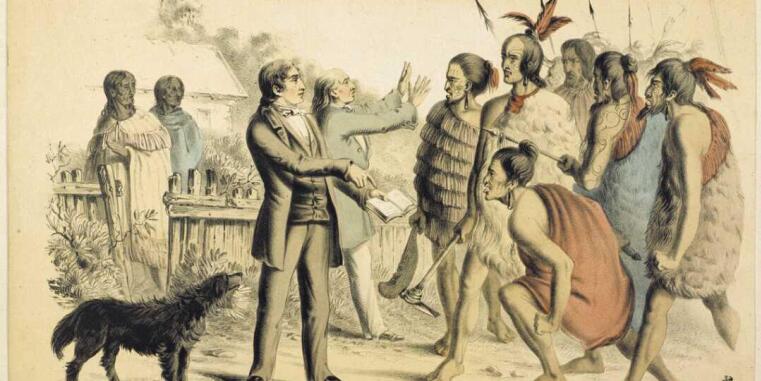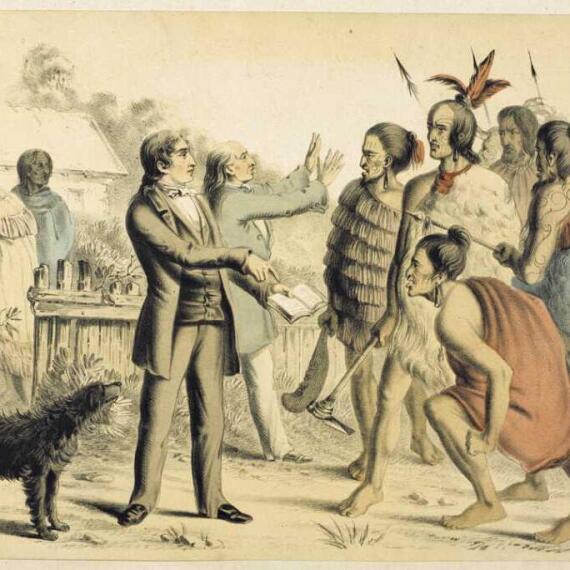







The project "Global Bible: British and German Bible Societies Translating Colonialism" (GloBil) aims to critically investigate British and German contributions to the creation of a global bible, that is the attempt to translate Christian scripture into all the languages of the world. By early in the twentieth century, some portion of the bible had been translated into approximately 1,000 languages, including many with no previous written language. As a result of decades of arduous labour, much of what is known about global majority languages relies on the work of Indigenous translators and missionary linguists from the colonial era. Yet much of this critical knowledge remains obscured in religious archives. GloBil will unlock the archives of German and British bible societies, uncovering the history of the global bible movement and its discovery of global languages.
To provide focus and direction, GloBil will explore bible translation in three geographically diverse regions, namely the Arctic, Oceania and Australia, and West Africa. These regions are significant because they illustrate the different frontiers into which British and German colonisers were moving and the range of encounters with unique and distinctive languages and peoples. GloBil seeks to delineate the global bible movement in these three regions, uncovering the contribution of Indigenous translators and evangelists, and the significant contribution of British and German bible societies.
GloBil is a collaborative project between Professor Hilary Carey (Bristol) and PD Dr. Felicity Jensz (Münster). Professor Hilary Carey at the University of Bristol is the Principle Investigator (PI) of the British Team. She is supported by an administrative manager (Mei Mei Cheung) and a Postdoctoral Research Associate (Dr. Floris Solleveld).
PD Dr. Felicity Jensz is the PI of the German team, which includes a Postdoctoral Research Associate (Dr. Michael Wandusim), a Research Software Engineer (Dr. Benjamin Weber) and two Student Research Assistants (Louis Knölker and Sven Heidenreich).

The expected results of the project include:
Our project partners include:
Contact
PD Dr. Felicity Ann Jensz
University of Münster
Cluster of Excellence »Religion and Politics«
Johannisstr. 1
48143 Münster
Tel.: +49 251 83- 23368
Mail: felicity.jensz[at]uni-muenster.de